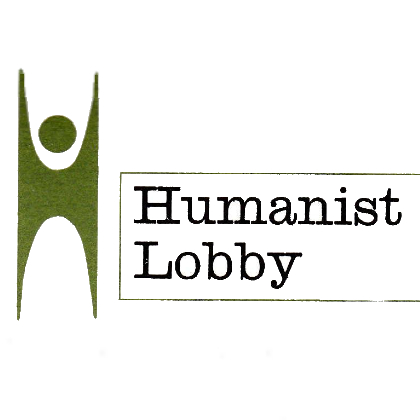

Humanism is an attitude to life that has solidly practical implications… it implies a commitment to helping run the community and to improving and reforming our society. In the long run, this is possible only by political action, in the broad sense.
Statement of the British Humanist Association, ‘Humanism and Politics’ (c. 1969)
Humanist Lobby was launched in the mid-1960s, aiming ‘to discover the views of the 630 members of the House of Commons and of the active members of the House of Lords, and to press Humanist policies and ideas upon them’. Originally an independent body, it merged with the British Humanist Association (now Humanists UK) in 1967. Humanist Lobby sent circulars to its members, advising them on political happenings, and encouraging them to write to their own representatives. The BHA, and by extension Humanist Lobby, were not affiliated to any political party, instead basing their interventions and advocacy on humanist values and BHA policy.
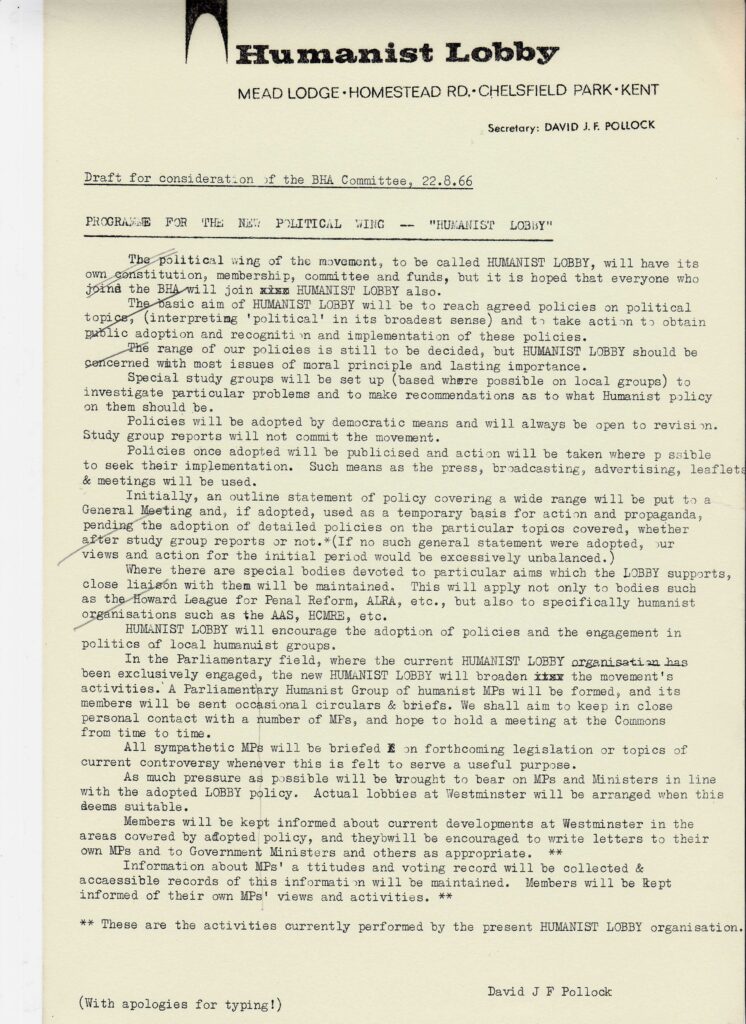
In 1964, the British Humanist Association circulated ‘Humanists and the 1964 General Election’: a ‘leaflet intended for Humanists who would like to campaign for humanism in the coming election but who have little experience of politics’. It aimed to enlist support on issues of relevance to humanists; to build awareness of humanists and the humanist movement among politicians; and to establish contact with those politicians who were humanists themselves. The leaflet proposed possible subjects to seek a politician’s position on, in public forums and by mail, which included: the prevention of war, world hunger, racial discrimination, crime and prisons, civil liberty, town planning, moral education, disestablishment of the Church of England, and laws relating to sex, sexuality, and marriage.
The following year, Humanist Lobby officially launched. Over the subsequent decade, it sent over 40 circulars, covering a vast range of subjects. Containing both informative material, and calls to action, the circulars advised on issues from law reforms in abortion, homosexuality, and divorce, to race relations, broadcasting, and the open society. The first circular, issued on 16 November 1965, expressed support for the immigration work of the National Council for Civil Liberties (NCCL) and the Campaign Against Racial Discrimination (CARD), encouraged letter writing to MPs on the topic of abortion law reform, and requested inquiry into the religious affiliations of political representatives: a diversity typical of the Lobby’s efforts.
Humanist Lobby continued until 1974, by which time a Humanist Parliamentary Group had been formed (today the All-Party Parliamentary Humanist Group). In 1968, its members were: Leo Abse, Austen Albu, Bessie Braddock, James Dickens, Edward Fletcher, Michael Foot, Will Hamling, John Horner, Peter Jackson (Secretary), Lena Jeger, Hugh Jenkins, Dr. David Kerr (Chairman), Ian Mikardo, Dr. Maurice Miller, Stan Newens, Reginald Paget, Arthur Palmer, John Parker, Renee Short, Brian Walden, Lord Brockway, Lord Chorley, Lord Francis-Williams, Lord Listowel, Lord Raglan, Lord Ritchie-Calder, and Lord Willis.
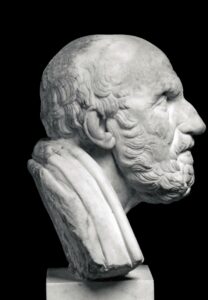
Chrysippus (or Chrysippos) of Soli was a Greek Stoic philosopher. Although Chrysippus believed in fate, divination, and gods, he believed […]
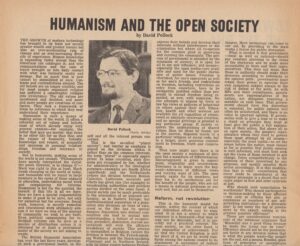
Much needs changing in the world of today, and humanists will be found in large numbers in the ranks of […]
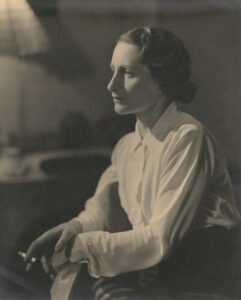
I think that one of the most hopeful signs at the present day, and one for which this Movement can […]
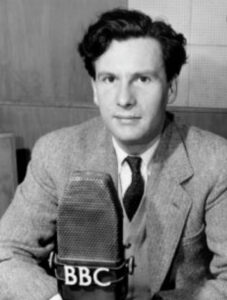
Ludovic Kennedy was a writer, journalist, and broadcaster, known for his investigations into miscarriages of justice. A human rights campaigner, he […]